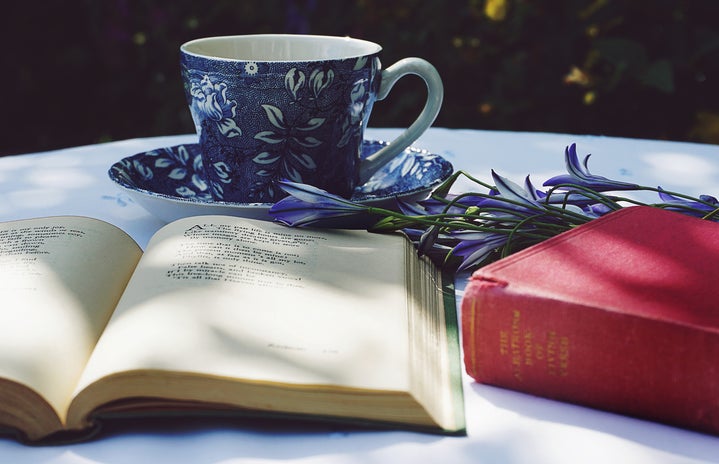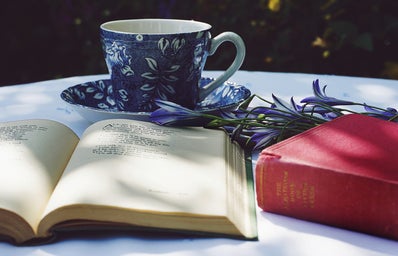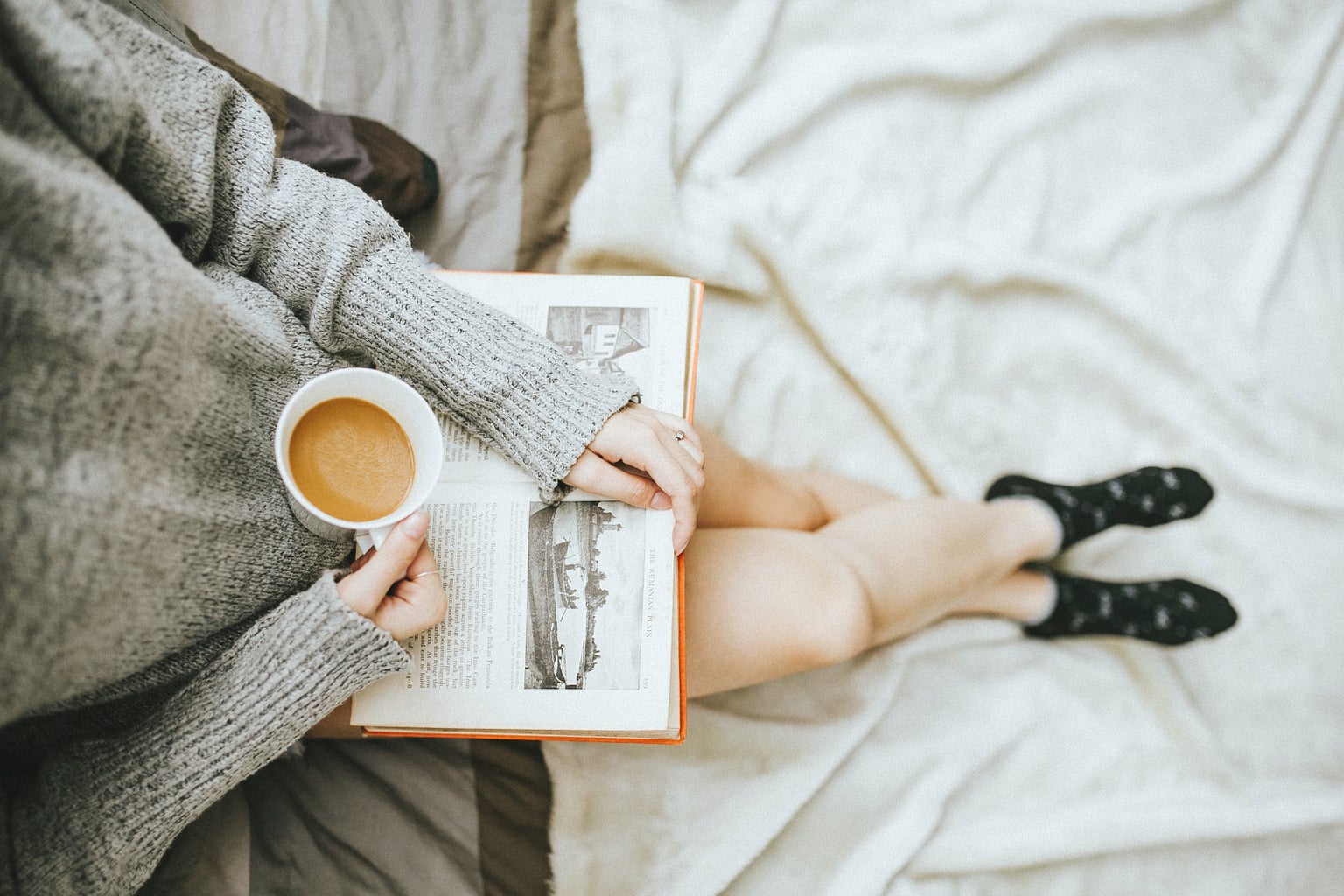As an English Literature grad student, doing a LOT of reading is an inescapable fact of life. As much as I love reading, I can’t help but feel burned out sometimes after pages and pages of dense scholarly texts, JSTOR .pdfs, and essays.
When I’m feeling burned out, I turn to the usual host of remedies. I rest my eyes away from the strain of computer screens and tiny fonts by going for walks outdoors, I replenish my social battery by spending time with my friends, and I devote time and attention to my other hobbies: I play the piano and cook meals from scratch.
But one of my remedies to reading burnout might surprise you: reading more.
I read somewhere (Pinterest, probably) that burnout doesn’t just result from doing too much—burnout can be caused by not doing enough of what you truly love. So I still read, but I read for pleasure.
My reading practice when I read for pleasure is distinct from the reading I do for class. My leisure reading is unhurried: I float through the pages at a relaxed pace, lingering on passages that particularly captivate me. I don’t feel the nagging pressure to tab my books for literary devices or themes that will serve as my talking points for my seminars. Instead, I tab sections that I want to return to just to savour and re-experience their beauty, lyricism, or cleverness. (Or, I tab quotes that made me laugh so I can share them with my friends.)
Beyond my reading practice, what I read for pleasure is also very different from what I read for class. Currently, my leisure read is Tamsyn Muir’s novel Gideon the Ninth, a loan from my housemate, Sam. The writing style is more casually youthful and cheeky than what I’m used to, but it’s a refreshing change. As a return to the lush imagery and silly humour of the fantasy books I adored as a young adult, it’s wonderful to spend an afternoon basically daydreaming with my eyes open as I flip through the pages and immerse myself in its world of necromancers and cavaliers. I’m still enchanted by the stunning description of a cavernous underground church, eerily lit with the ghastly green glow of bioluminescence and the ashen snow of floating, falling spores. I don’t want to spoil anything but I’m still a sucker for enemies-to-lovers banter and there have been a few exchanges that had me slamming the book shut with a delighted squeal.
(My top recommendation for pleasure reading is Elena Ferrante’s Neopolitan quartet, a series of four novels beginning with My Brilliant Friend). Absorbed in the chronicle of the lifelong friendship between the persistent and bookish Elena and the dazzling but mercurial Lila, I spent my summer consumed by the Neopolitan novels, fantasizing about the sundrenched beaches of Ischia (even as I lounged on the beaches of Barcelona.)
When I read for pleasure, my only goal is to enjoy. Rest and rejuvenation is an essential part of my productivity: I can’t give my best if I’m feeling depleted. Still, after nurturing my hobby to read for pleasure, I find myself enjoying unexpected benefits in my academic life as well. When I read for fun, my writing improves. I write more fluidly and creatively. I can feel and hear my voice more strongly in my writing.
So, the next time you’re focused on doing your readings, why not work on doing some (leisure) readings as well?




